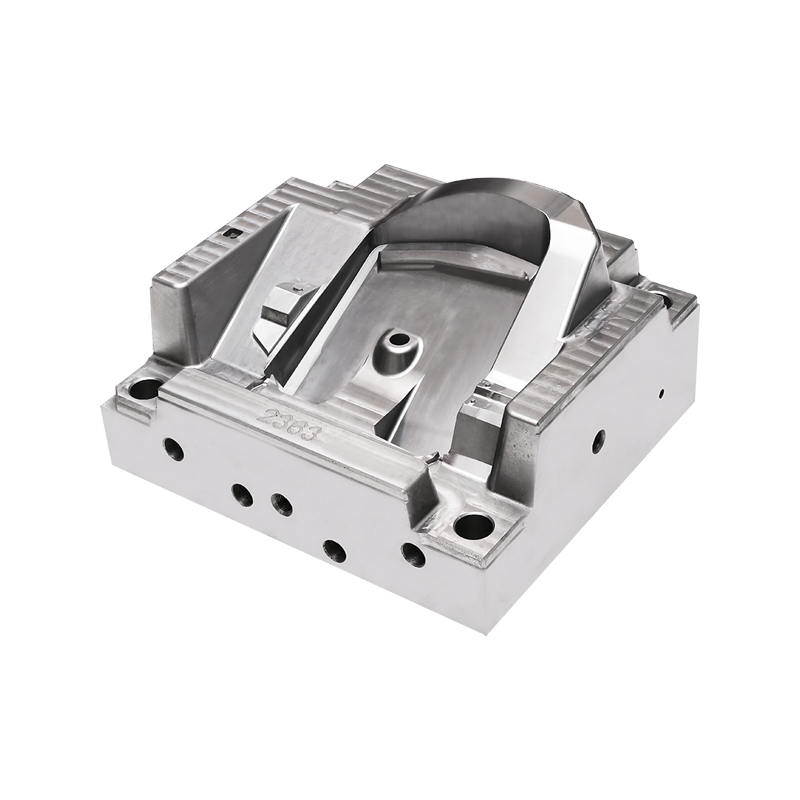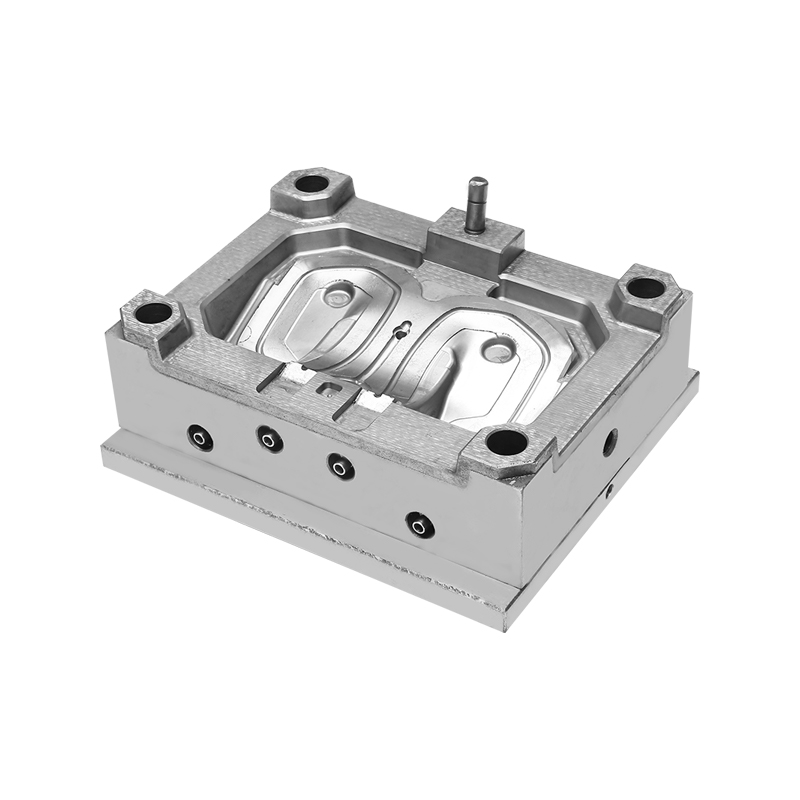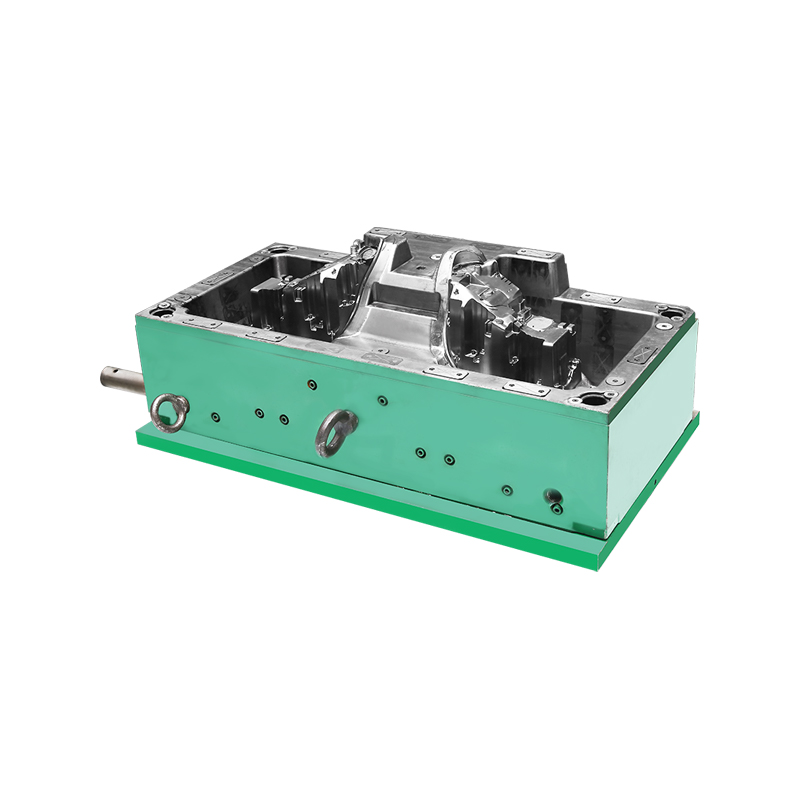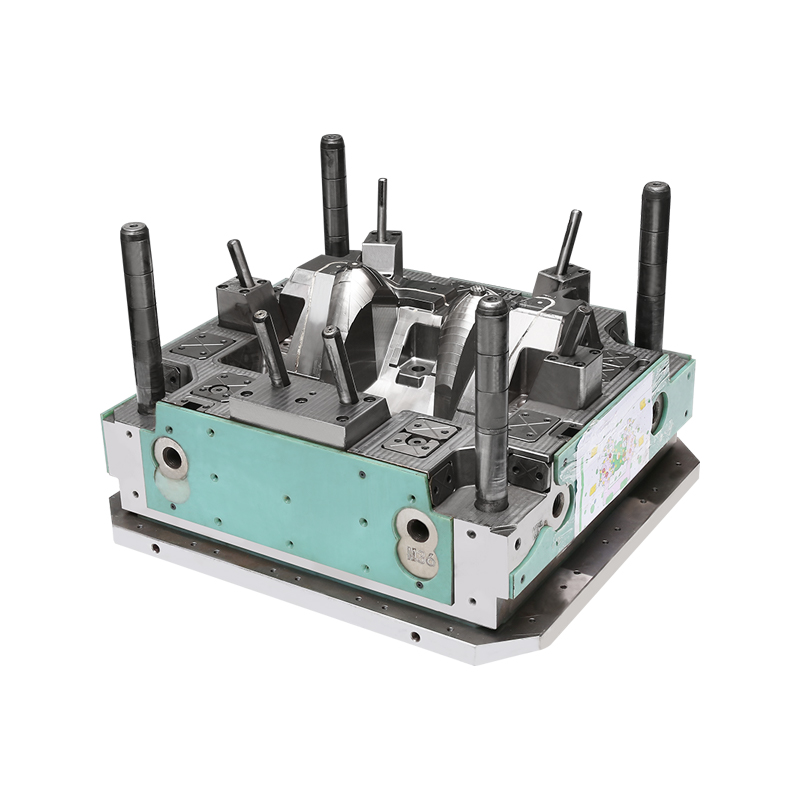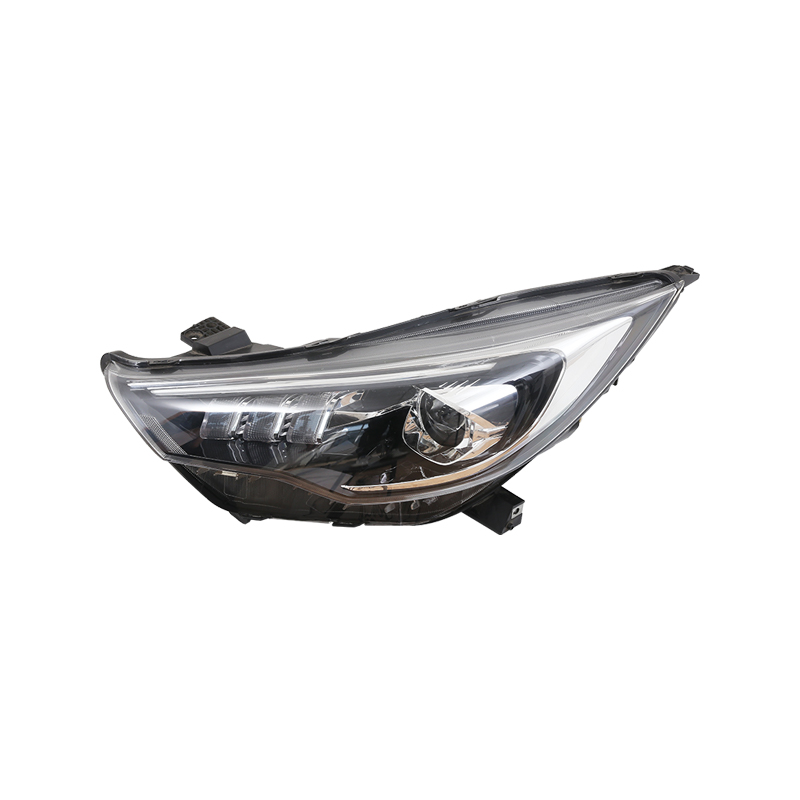The automotive industry is constantly evolving, driven by advances in technology, materials, and manufacturing methods. Among the critical components shaping vehicle production are car body moulds. These moulds play a vital role in defining the structural integrity, appearance, and performance of vehicles. As the industry embraces innovation, the future of car body moulds promises increased efficiency, precision, and adaptability.
Importance of Car Body Moulds in Modern Vehicles
Car body moulds are essential tools used to form the exterior and structural panels of vehicles. They determine the shape, thickness, and surface quality of metal or composite components. In addition to aesthetics, car body moulds influence aerodynamics, crash safety, and assembly efficiency. The quality of these moulds directly impacts the final product, making them a key focus for automotive manufacturers.
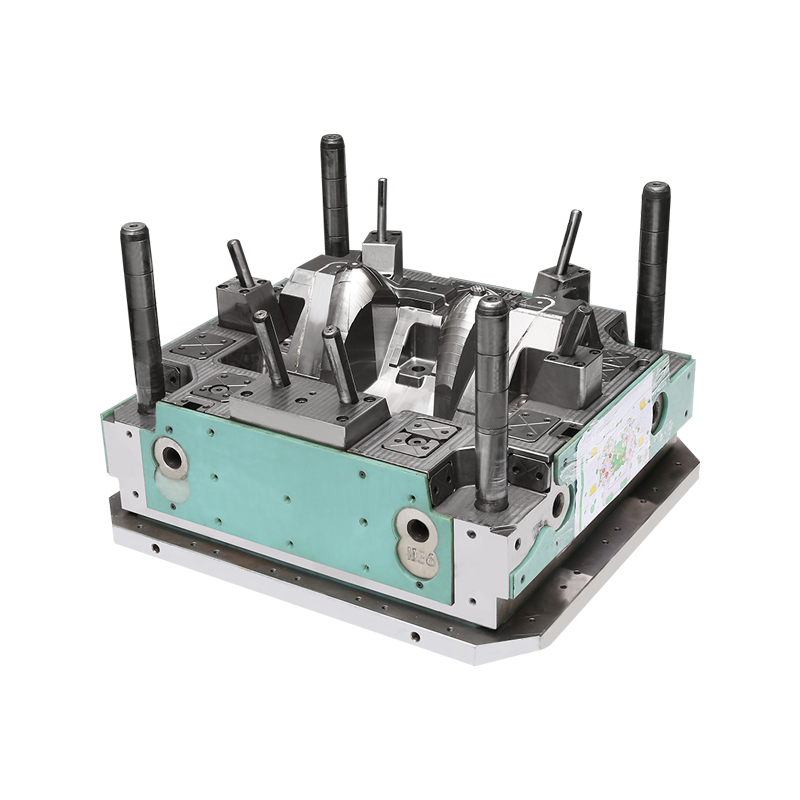
Technological Advancements Shaping the Future
One of the significant trends in car body moulds is the integration of digital design and simulation. Computer-aided design (CAD) and computer-aided engineering (CAE) software allow engineers to create highly accurate moulds and predict potential issues before production begins. This reduces errors, minimizes material waste, and shortens development cycles.
Additive manufacturing, or 3D printing, is also influencing the development of car body moulds. 3D printing can produce prototypes and even functional mould components quickly and with high precision. This flexibility enables manufacturers to experiment with new designs and materials without the long times associated with traditional mould fabrication.
Lightweight Materials and Sustainability
As the automotive industry shifts toward electric vehicles and fuel efficiency, lightweight materials have become increasingly important. Car body moulds must adapt to form aluminum, magnesium, and composite panels while maintaining strength and durability. Manufacturers are also exploring sustainable practices in car body moulds production, including recycling materials, reducing energy consumption, and extending mould lifespan.
Automation and Smart Manufacturing
Automation is transforming the production of car body moulds. High-precision CNC machines, robotics, and smart sensors allow for consistent and efficient manufacturing. These technologies improve accuracy, reduce human error, and allow for faster production of complex moulds. In the near future, fully automated systems may enable real-time monitoring and adaptive adjustments, further enhancing the quality and reliability of car body moulds.
Meeting Industry Demands
The future of car body moulds is closely tied to the demands of the automotive industry. With shorter vehicle development cycles, manufacturers need moulds that can be produced faster, modified easily, and withstand repeated use. Car body moulds must also accommodate diverse materials and designs, reflecting the growing complexity and customization in modern vehicles.
Car body moulds will continue to play a pivotal role in the automotive industry, bridging the gap between design concepts and final production. Advances in digital design, additive manufacturing, lightweight materials, and automation are shaping the future of these essential tools. As the industry evolves, car body moulds will become more precise, efficient, and sustainable, supporting the production of safer, lighter, and more innovative vehicles. Manufacturers that embrace these advancements will be well-positioned to meet the challenges of a rapidly changing automotive landscape.

 English
English 中文简体
中文简体 русский
русский Español
Español
